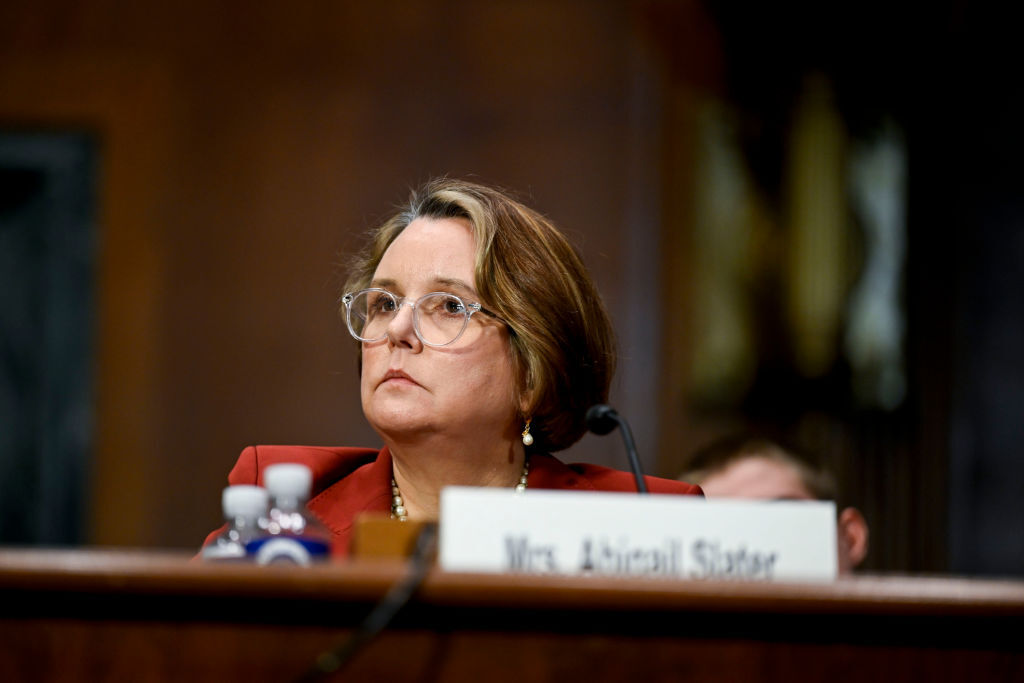In unusual move, team Trump talks down the dollar
The U.S. dollar's wretched week continued on Thursday, with the greenback falling for a fourth day against other major currencies as investors pondered the realities behind the rhetoric of Trump administration officials.
In a move that took some investors off guard with its seeming departure from standard U.S. currency policy, Treasury Secretary Steven Mnuchin voiced support for a weaker dollar as a boost to U.S. trade, sparking a selloff of the currency and pushing the euro to a three-week high.
But President Donald Trump on Thursday told CNBC Mnuchin's remarks were taken out of context. "The dollar is going to get stronger and stronger, and ultimately I want to see a strong dollar," the president said.
"It should be what it is. It should also be based on the strength of the country -- we are doing so well," Mr. Trump said after having arrived on Thursday in the Swiss resort of Davos.
In the wake of the president's remarks, the dollar trimmed its losses against other major currencies.
While Mnuchin's pronouncements rattled nerves already frayed by protectionist talk, they echoed a sentiment voiced repeatedly by his boss, who has long complained that the strength of the U.S. dollar and weakness of other currencies is behind America's large trade deficit with major trading partners.
During his campaign, Mr. Trump often accused other countries, especially China, of manipulating their currencies to make their exports more globally competitive.
The Treasury chief helped steepen the dollar's slide on Wednesday by pronouncing the currency's fall "good" for U.S. trade, a nod to the notion that a less costly currency makes domestic goods less costly for overseas buyers.
"Mnuchin's comments have kicked-started a debate about the end of the strong dollar policy that has allegedly been in place since the Clinton years," noted strategists at TD Securities.
- Donald Trump in Davos for World Economic Forum
- Trump to push "America First" agenda with trip to Davos
- More coverage of Davos 2018
"We are cautious that the market has failed to price in a sufficient risk premium around trade and a pivot by the Trump administration to increase the rhetoric on 'America First' on a global stage," the analysts wrote, adding of President Trump's speech on Friday: "That puts the Davos speech on high alert."
Mnuchin downplayed U.S. concerns about short-term fluctuations in the dollar's value, telling a press briefing at the World Economic Forum that the currency derives its strength longer-term from the U.S. economy.
"We want free and fair and reciprocal trade. So I think it's very clear. We're not looking to get into trade wars. On the other hand, we are looking to defend America's interests," Mnuchin said.
Larry Fink, CEO of the Blackrock investment firm, said he believes the dollar's weakness has more to do with an improving economic climate in Europe and elsewhere than any attempt by the White House to talk the currency's value down.
Fink told a WEF panel that he expects the dollar will rise again as the U.S. economy grows. He also disputed the notion that the Trump administration's trade policies are particularly protectionist and said the U.S. decision to renegotiate decades-old trade deals could help all sides involved.
Still, investors are fearful about the impact of Mr. Trump's protectionist policies on global trade, a concern that escalated after the White House imposed tariffs on solar panels and washing machines.



